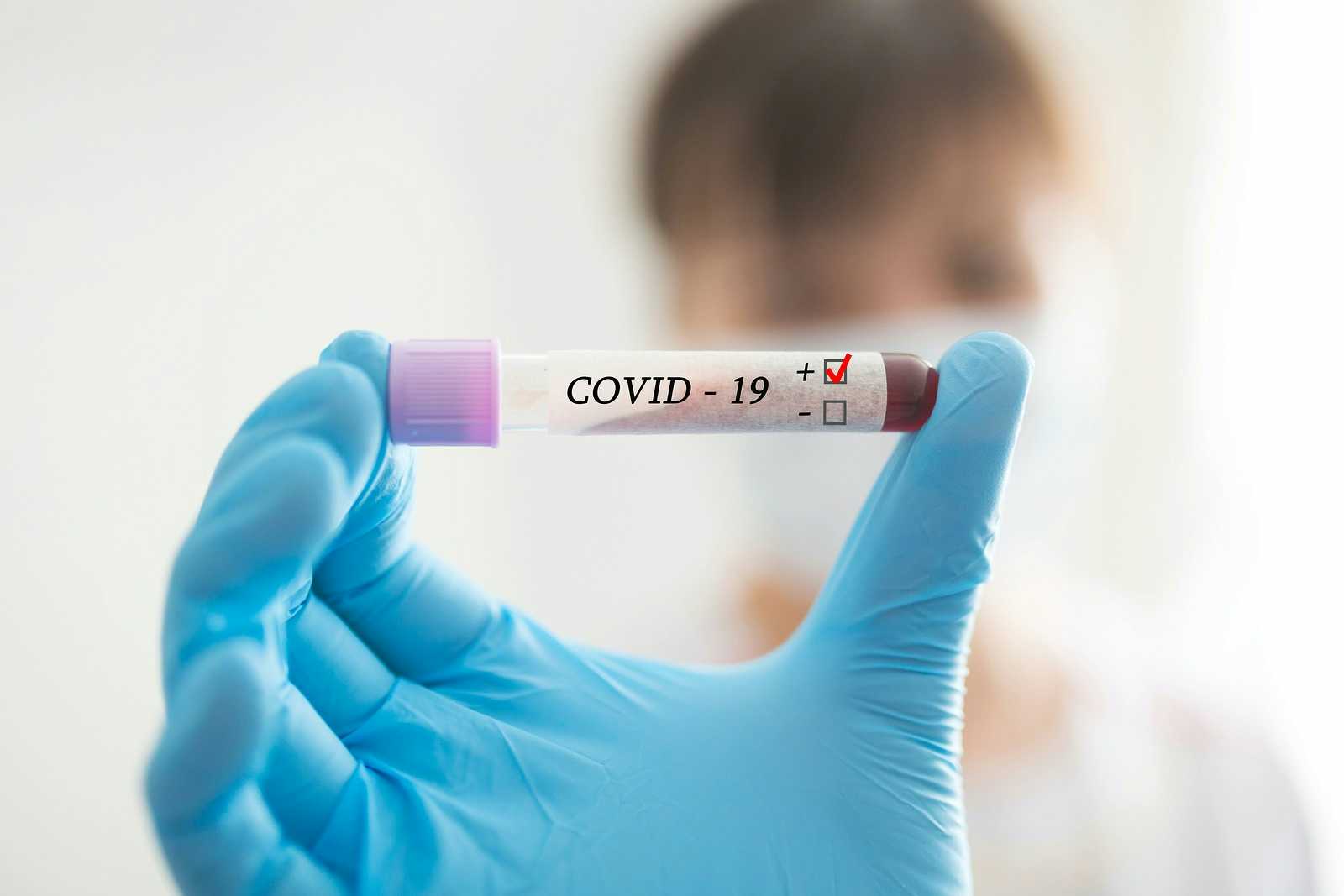
Has a locked-down season staying out of crowds and working from home been keeping you indoors? If so, your vitamin D levels might not be as high as you would like. Will that make you more vulnerable to COVID-19? Earlier research suggested that it might. Now scientists in Spain offer additional support.
Are People With Low Vitamin D More Vulnerable to COVID-19?
Spanish scientists analyzed blood samples for 25-hydroxyvitamin D in hospitalized patients who tested positive for SARS-CoV-2 (Journal of Clinical Endocrinology & Metabolism, Oct. 27, 2020). They found that patients diagnosed with COVID-19 had significantly lower levels of the vitamin D biomarker than population-based controls.
In fact, 82.2% of the coronavirus-positive patients were deficient in this essential nutrient. Men in this sample were especially likely to be at risk for vitamin D deficiency. People low in vitamin D were also more likely to have elevated levels of inflammatory markers such as ferritin and D-dimer. The authors suggest that people at high risk for COVID-19 such as older people and those with co-morbidities should be encouraged to keep vitamin D levels between 30 and 50 ng/ml to prevent vitamin D deficiency.
Should You Take Vitamin D Supplements?
Q. At a zoom party last night, the topic of vitamin D came up. I take 5000 IU a day, which keeps my vitamin D levels just where my internist wants them to be. Multi-vitamins like One A Day 50+ have 700 IU of vitamin D. My internist said that is not enough for me.
My friend said he thought low vitamin D levels make you more vulnerable to COVID-19. Is that true?
Links Between Vitamin D Levels and COVID-19 Infection:
A. Researchers at the University of Chicago investigated this question (JAMA Network Open, Sept. 3, 2020). They examined data on patients who were tested for COVID-19 at the hospital. Among them, a group of 489 patients had had their vitamin D levels (25-hydroxyvitamin D) measured last year before the pandemic began.
Nineteen percent of those who had levels characterized as deficient had positive COVID-19 tests. In comparison, 12 percent of those with adequate vitamin D levels tested positive.
Previous research indicated that vitamin D supplementation might reduce viral respiratory infections (Hormones, Dec. 2019). Many of these are caused by coronaviruses other than SARS-CoV-2.
As a result, the authors state:
“These findings suggest that randomized clinical trials with varying doses of vitamin D may be warranted in populations with and without vitamin D deficiency to understand if vitamin D reduces the risk of COVID-19.”
You can learn more about testing for vitamin D levels as well as supplements in our eGuide to Vitamin D and Optimal Health. When we have information about whether supplements can make people less vulnerable to COVID-19, we will add it to this online resource.
Citations
- Hernández JL et al, "Vitamin D status in hospitalized patients with SARS-CoV-2 infection." Journal of Clinical Endocrinology & Metabolism, Oct. 27, 2020. https://doi.org/10.1210/clinem/dgaa733
- Meltzer DO et al, "Association of vitamin D status and other clinical characteristics with COVID-19 test results." JAMA Network Open, Sept. 3, 2020. doi:10.1001/jamanetworkopen.2020.19722
- Zisi D et al, "The association between vitamin D status and infectious diseases of the respiratory system in infancy and childhood." Hormones, Dec. 2019. DOI: 10.1007/s42000-019-00155-z

